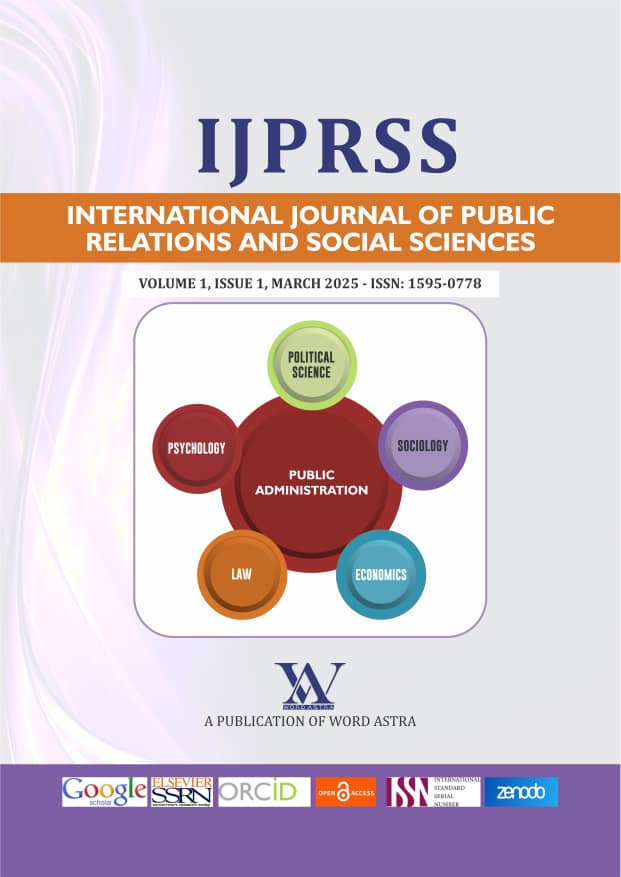
Human Capital Investment in Children: A Study of Household Child Education Expenditure in Uyo Metropolis
Abstract Traditional Human Capital Theory (HCT) views children as investments, focusing on how they can be transformed into productive members of society. The Economics of Human Development (EHD), an extension of HCT, aligns more closely with the Capability Approach (CA), which frames investment in children as a societal commitment to fostering their overall human development. This paper, therefore, examines intra-household inequality in children’s human capital outcomes, with particular attention to the role of parental educational investment in explaining these disparities. The study employed a descriptive survey design, complemented by an inferential research approach, and utilized purposive random sampling to select 50 households within the Uyo metropolis. Findings show that education is globally recognized, across developed and developing nations, as a crucial investment in the future of children. While parents retain primary responsibility for shaping their children's educational paths, there is a critical need for government intervention in regulating educational content to align with national development goals.
Download Article


